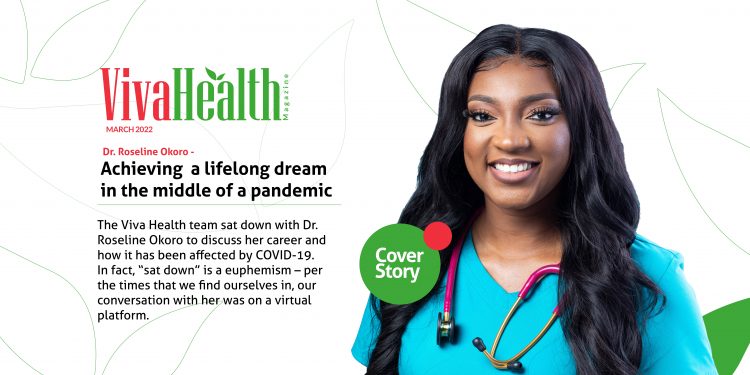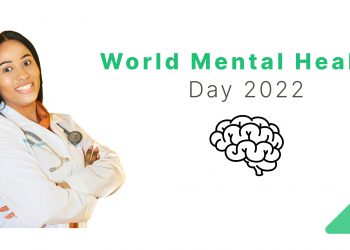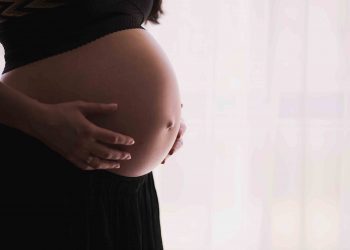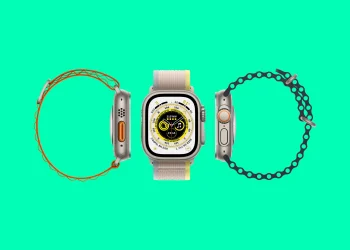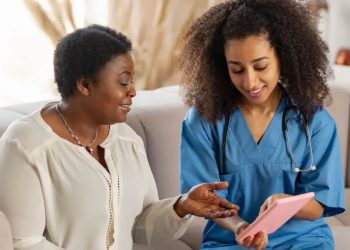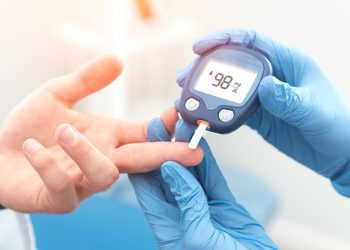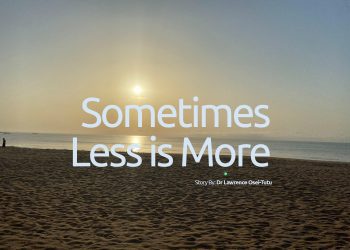Dr. Roseline Okoro – Achieving a lifelong dream in the middle of a pandemic The Viva Health team sat down with Dr. Roseline Okoro to discuss her career and how it has been affected by COVID-19. In fact, “sat down” is a euphemism – per the times that we find ourselves in, our conversation with her was on a virtual platform. Dr. Roseline Okoro is an impressive individual. She has conquered academia – in three separate disciplines – and has a growing portfolio in the entertainment industry, all while serving her community as a doctor. A recent graduate of the Family Health University College Medical school, she has begun her medical career as a house officer at the Greater Accra Regional Hospital in Ridge. Although Dr. Okoro has always wanted a career in medicine, she did not get there in a hurry.
Her University life began with Biochemistry studies at the Kwame Nkrumah University of Science and Technology where she obtained her Bachelor of Science degree. After KNUST, she developed an interest in the Oil and Gas industry, leading her to pursue a Master’s Degree in Environmental Management at the Glasgow Caledonian University, Scotland. After a few years in the industry, which she admits were successful and lucrative, she began wondering how her life could be of greater influence and how she could do more good in the world. “I wanted to do something more impactful, and I decided that it was finally time to pursue my lifelong passion for medicine.” Dr. Okoro’s medical studies did not go without incident. Her final year was supposed to be a high-energy period punctuated by in-person consultations, skills tests, and written and oral examinations. Instead, COVID-19 brought the world to a halt – Dr. Okoro’s final year included. A lot of coursework that would have taken place in the consulting room, on the ward, and in the theatre was moved to virtual platforms.
Many adjustments had to be made – least of all with shaky internet connections and other associated technical issues. Interaction with her instructors and colleagues also took on a new character, and she had to adjust. Communicating without eye contact, managing her attention in virtual sessions, and finding other innovative ways to engage with her work and responsibilities. The uncertainty brought by COVID-19 also affected her graduation. After months of delays and postponements, Dr. Okoro took her oath in November 2020 and went on to begin her medical career at the Greater Accra Regional Hospital.
When asked to describe her house job so far, Dr. Okoro puts it simply: “It is stressful, daunting and challenging; it is also incredibly rewarding” and adds that while she occasionally questions her decision to pursue medicine, she feels very fortunate to work with the team she is a part of at Ridge. “The work itself is stressful, but my bosses are not. They do everything they can to be helpful and encouraging.” On her current Obstetrics and Gynecology rotation, she has begun to realize that a different specialty might be a better fit, even though obgyn was her favorite during her time in medical school. She is eager to see what her other rotations will teach her as she continues to navigate her way through her budding medical career. The pandemic didn’t just affect her studies; it has changed the nature of her work. Dr. Okoro realized she had to prepare herself for a different strategy in not only treating, but engaging with patients, even in her Gynecology rotation where COVID-19 treatment is not the focus. “We already expect a high-pressure work environment,” she says.
“Taking new and unusual precautions has been an adjustment.We go into the environment more aware of the risk that exposure poses, and the effect it can have, not only on the work we do but also on our lives at home.” The heightened urgency and higher expectations, all combined with the high-pressure environment the clinical arena already is have not changed her outlook: “If anything,” she reflects, “it has enhanced my ability to maintain a positive attitude and my ability to solve problems – even unusual ones.” Indeed, despite all the precautions Dr. Okorotook, she still contracted COVID-19. She found out after having her family tested for the virus out of concern for her father, who is in his seventies and with whom she shared a home at the time
As it turned out, was also infected. “Panic” was her reaction to the news, “this was earlier in the pandemic, in March, I think,” adding with a nervous laugh, “all we knew was that if you got COVID you were going to die.” “I had no symptoms,’ she recalls, “so the test results were a surprise. Because of my dad’s age, we thought about isolating ourselves in another house. But he was fine, we both took our medication, I exercised throughout, and we both got through it.” Interestingly, being the doctor in her family, she was still relied on to lead the management effort at home. Unfortunately for other people in Dr. Okoro’s life, COVID-19 was more serious. Her sister had a tough battle with the disease, although it was managed at home and sadly, she lost a close friend as well. One of the challenges Dr. Okoro had faced because of the COVID-19 pandemic has been outside of dealing with the disease itself; it has been with all the stories and the flow of information that it has generated.
“I don’t know what it is with mothers and WhatsApp,”
she ponders on the ongoing conversation about the vaccination effort with amusement, “so many different stories about people trying to kill us and so on. I just told her that regardless of what she thought she was still getting vaccinated. And that is exactly what happened. I made sure that everyone in my family was vaccinated.” In her practice, she encountered patients who believed COVID-19 would not affect them because it was “a disease for rich people,” and as such did not need to worry about taking precautions. Outside of her practice, she occasionally faced ridicule for wearing a mask and insisting that others wore masks in her presence. She is however seeing positive signs about people’s attitudes toward the pandemic and the vaccine and believes that the effort to sensitize and educate the public is beginning to yield results. Dr. Okoro herself is fully vaccinated. She describes her experience with the AstraZeneca vaccine as difficult:
“My first shot was terrible. All the precautions I took did nothing for me. It felt like malaria.”
Fortunately, the same precautions she advised her parents to take, made the overall experience far less difficult for them and her own experience with her second dose was less of a hassle. Dr. Okoro got married to her sweetheart who is a lovely gentleman, in April. “Let’s just say he is not a doctor,’ she says with a laugh. She is one of ten children of her parents, and – in case the last name didn’t already provide a clue – one of those siblings is famed Ghanaian actress and film producer Yvonne Okoro. She considers her a hero and an inspiration, and importantly, has seen every one of her films, her favorites being Contract and Ghana Must Go. Impressively, Dr. Okoro runs Desam our Company Limited, a media company that markets and distributes films, along with Yvonne. Her plans are many. “The possibilities are endless,” she predicts. For now, though, she wants to learn as much as she can to be an effective and more compassionate doctor, particularly for her female patients and hopes that she too can mentor and inspire other women scientists to follow in her path.

























